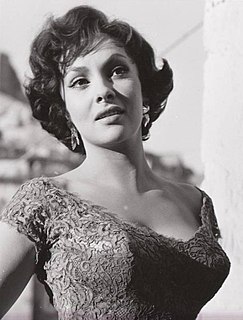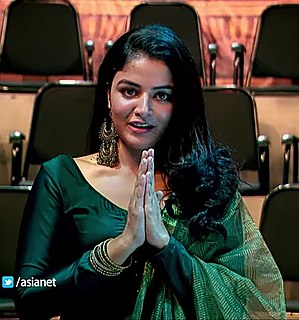A Quote by Peter Greenaway
Here was opportunity to make an audience walk and move, be sociable in a way never dreamed of by the rigors of cinema-watching, in circumstances where many different perspectives could be brought to bear on a series of phenomena associated with the topics under consideration. Yet all the time it was a subjective creation under the auspices of light and sound, dealing with a large slice of cinema's vocabulary.
Quote Topics
Associated
Audience
Bear
Brought
Cinema
Circumstances
Consideration
Could
Creation
Dealing
Different
Different Perspective
Different Perspectives
Dreamed
Large
Light
Make
Many
Move
Never
Opportunity
Perspectives
Phenomena
Series
Slice
Sociable
Sound
Subjective
Time
Topics
Vocabulary
Walk
Watching
Way
Related Quotes
I had seen 'Do the Right Thing' when I was at college, and it was incredibly inspiring as a piece of cinema. Just brilliant, I thought. But saw 'Malcolm X' with a crowded audience. It was my first time in an American cinema, hearing an audience respond. You know, in England, everyone is so restrained.
For people to understand, you can't speak 'cinema.' Cinema doesn't have alphabets, so you have to go to the local language. Even in England, if they make a movie in London they have to make it in the Cockney accent, they can't make a film with the English spoken in the BBC. So cinema has to be realistic to the area that it is set in.
It seems to me that dominant cinema seems to require an empathy or a sympathy between the film and the audience which is basically to do with the manipulation of the emotions and it seems to me again -- and this is a very subjective position -- that most cinema seems to trivialise the emotions, sentimentalising or romanticising them.
When you get an idea, so many things come in that one moment. You could write the sound of that idea, or the sound of the room it's in. You could write the clothes the character is wearing, what they're saying, how they move, what they look like. Instead of making up, you're actually catching an idea, for a story, characters, place, and mood - all the stuff that comes. When you put a sound to something and it's wrong, it's so obvious. When it's right, the whole is greater than the sum of the parts. That's a magical thing that can happen in cinema.


































